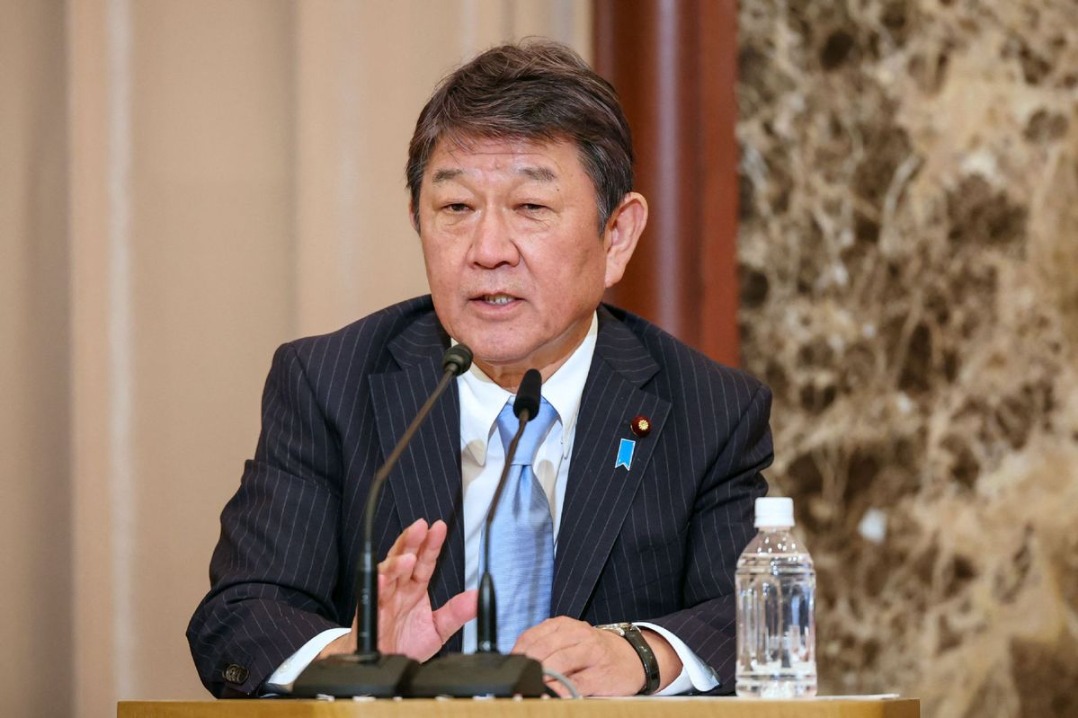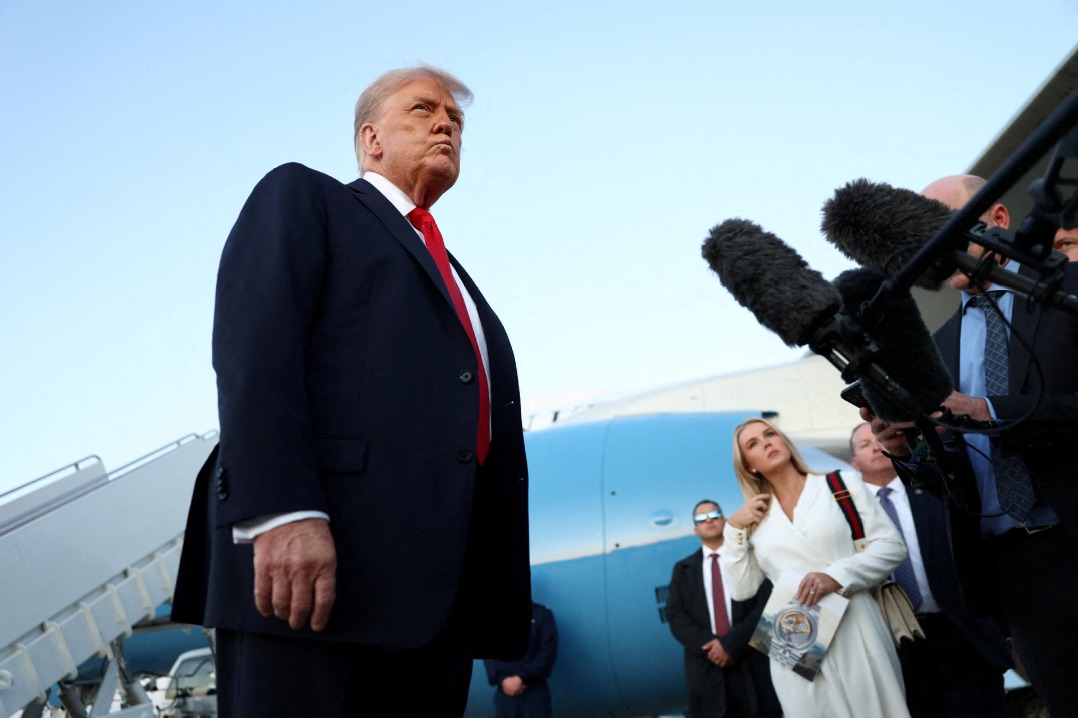Japan's PM regrets Trump-Zelensky meeting

Following the breakdown of the summit between US President Donald Trump and Ukrainian President Volodymyr Zelensky, Japanese Prime Minister Shigeru Ishiba told reporters on Saturday, "It turned out to be a somewhat unexpected development. It also seemed to be a rather emotional exchange".
Speaking to the press in Tokyo, Ishiba said, "Bringing about peace requires both patience and compassion. Diplomacy is not just a matter of clashing emotions".
The meeting between Trump and Zelensky at the White House on Friday ended in a breakdown, with the two leaders engaging in an unusual shouting match. As a result, both the planned signing of an agreement on Ukraine's rare minerals and a joint news conference were canceled.
Ukrainian political analyst Volodymyr Fesenko noted that the talks were driven more by emotion than reason, leading to an unexpected disaster for both Ukraine and the United States. He emphasized that it was a setback for both parties, with the situation posing a greater risk to Ukraine, which is heavily reliant on US support, according to the Mainichi Shimbun, a daily newspaper in Japan.
The Mainichi Shimbun reported on Saturday that the US had strongly pushed for the agreement on mineral resource rights. For Trump, the deal was framed as a "recovery" of financial aid previously provided, and it also served as a way to appeal to voters who were skeptical of supporting Ukraine.
Taisuke Abiru, a senior fellow at the Sasakawa Peace Foundation specializing in Russian foreign and security policy, told The Asahi Shimbun, another Japanese daily newspaper, that the contradiction became evident as efforts were made to establish an agreement on Ukraine's rare resources while the gap in perspectives on how to ensure Ukraine's security remained unresolved.
For the Trump administration, Ukraine's rare resources were less about economic value and more a matter of domestic politics. The focus, Abiru explained, was on appealing to Trump supporters by portraying the agreement as a way to "recover" what had been provided to Ukraine in past aid. He added that Zelensky may have found this approach frustrating.
































